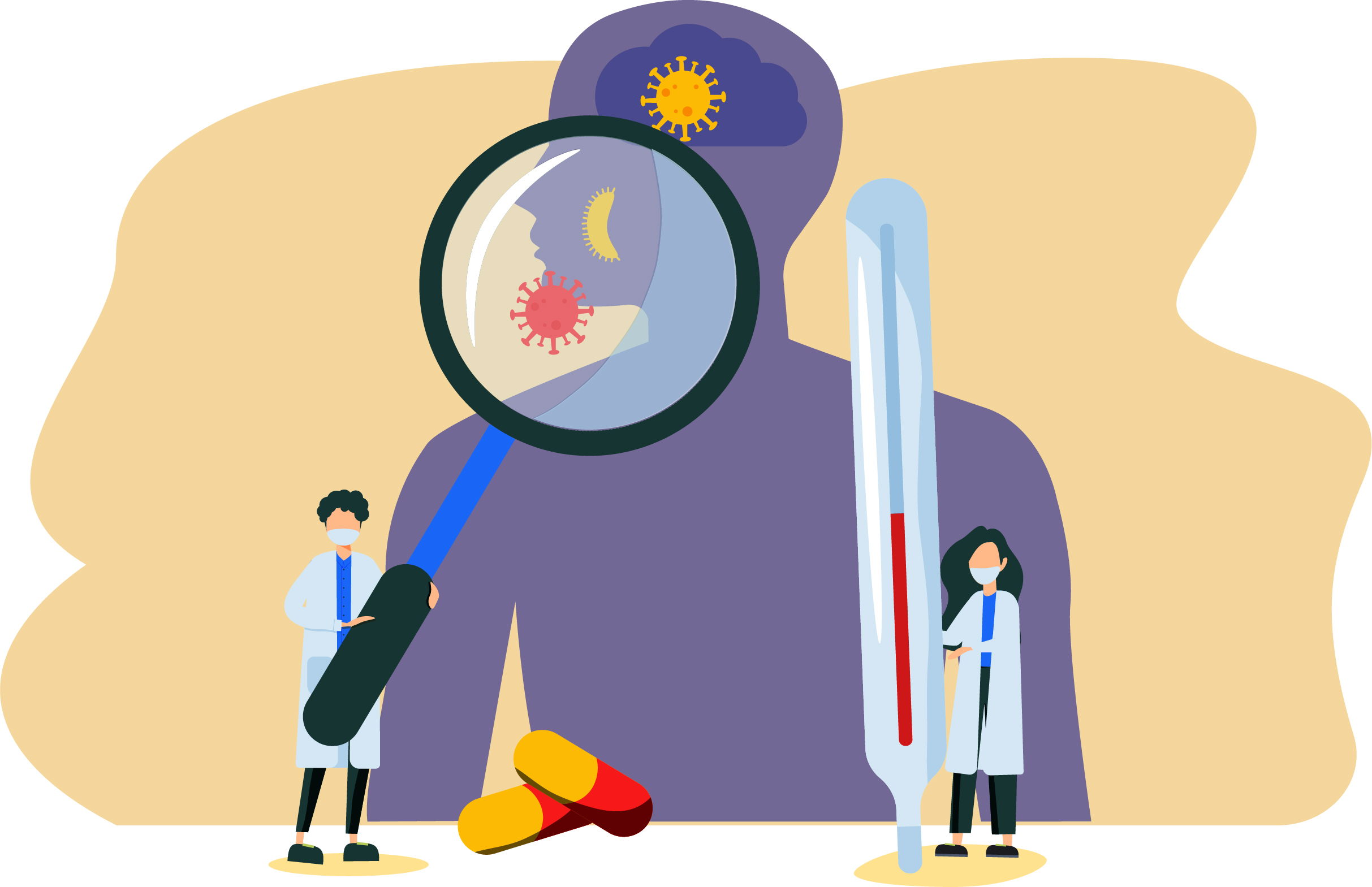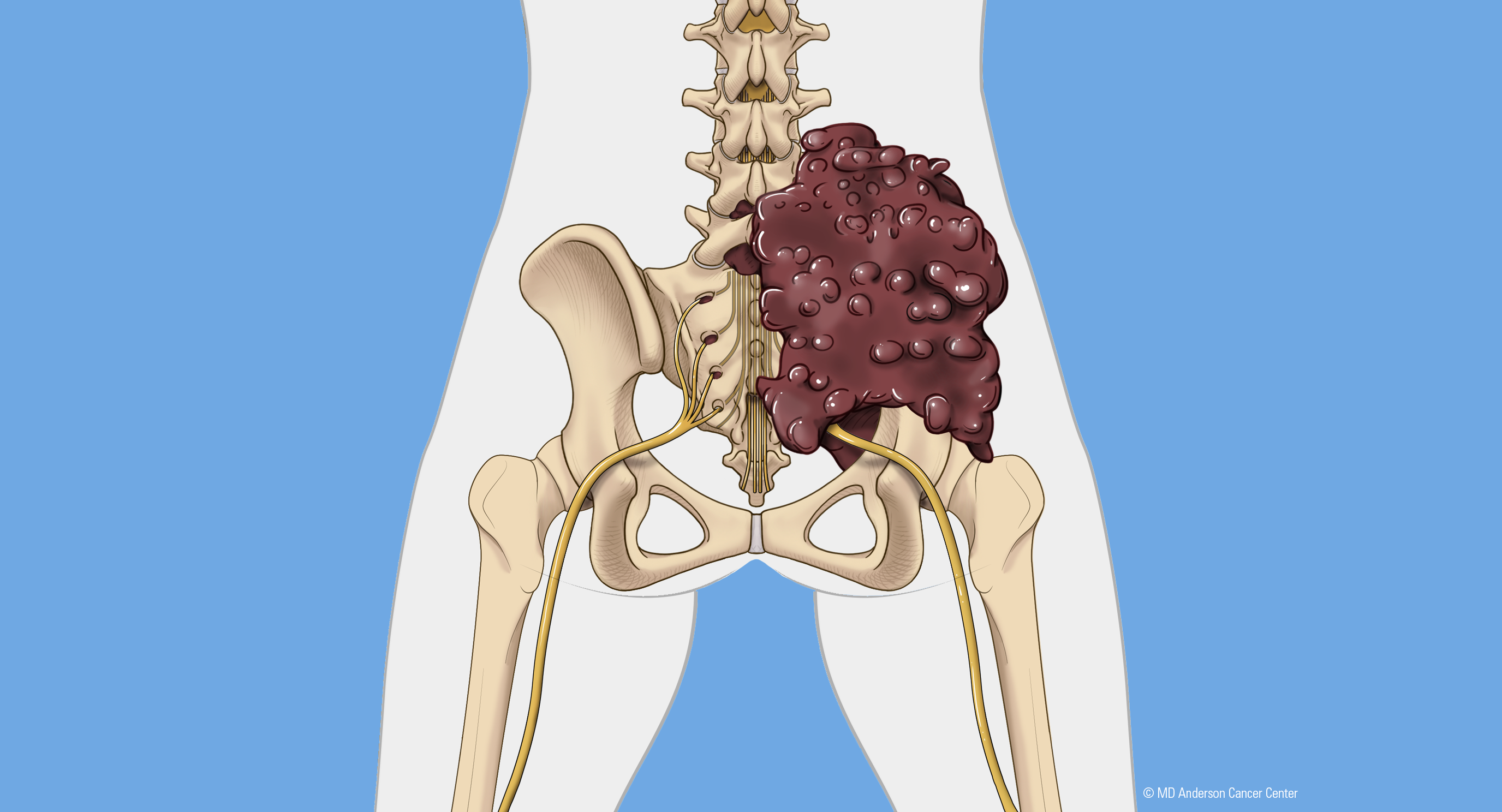- Diseases
- Acoustic Neuroma (14)
- Adrenal Gland Tumor (24)
- Anal Cancer (66)
- Anemia (2)
- Appendix Cancer (16)
- Bile Duct Cancer (28)
- Bladder Cancer (68)
- Brain Metastases (28)
- Brain Tumor (230)
- Breast Cancer (716)
- Breast Implant-Associated Anaplastic Large Cell Lymphoma (2)
- Cancer of Unknown Primary (4)
- Carcinoid Tumor (8)
- Cervical Cancer (154)
- Colon Cancer (164)
- Colorectal Cancer (110)
- Endocrine Tumor (4)
- Esophageal Cancer (42)
- Eye Cancer (36)
- Fallopian Tube Cancer (6)
- Germ Cell Tumor (4)
- Gestational Trophoblastic Disease (2)
- Head and Neck Cancer (6)
- Kidney Cancer (124)
- Leukemia (344)
- Liver Cancer (50)
- Lung Cancer (288)
- Lymphoma (284)
- Mesothelioma (14)
- Metastasis (30)
- Multiple Myeloma (98)
- Myelodysplastic Syndrome (60)
- Myeloproliferative Neoplasm (4)
- Neuroendocrine Tumors (16)
- Oral Cancer (100)
- Ovarian Cancer (170)
- Pancreatic Cancer (166)
- Parathyroid Disease (2)
- Penile Cancer (14)
- Pituitary Tumor (6)
- Prostate Cancer (144)
- Rectal Cancer (58)
- Renal Medullary Carcinoma (6)
- Salivary Gland Cancer (14)
- Sarcoma (236)
- Skin Cancer (296)
- Skull Base Tumors (56)
- Spinal Tumor (12)
- Stomach Cancer (60)
- Testicular Cancer (28)
- Throat Cancer (90)
- Thymoma (6)
- Thyroid Cancer (98)
- Tonsil Cancer (30)
- Uterine Cancer (78)
- Vaginal Cancer (14)
- Vulvar Cancer (18)
- Cancer Topic
- Adolescent and Young Adult Cancer Issues (20)
- Advance Care Planning (10)
- Biostatistics (2)
- Blood Donation (18)
- Bone Health (8)
- COVID-19 (362)
- Cancer Recurrence (120)
- Childhood Cancer Issues (120)
- Clinical Trials (624)
- Complementary Integrative Medicine (24)
- Cytogenetics (2)
- DNA Methylation (4)
- Diagnosis (230)
- Epigenetics (6)
- Fertility (64)
- Follow-up Guidelines (2)
- Health Disparities (14)
- Hereditary Cancer Syndromes (122)
- Immunology (18)
- Li-Fraumeni Syndrome (8)
- Mental Health (118)
- Molecular Diagnostics (8)
- Pain Management (62)
- Palliative Care (8)
- Pathology (10)
- Physical Therapy (18)
- Pregnancy (18)
- Prevention (894)
- Research (390)
- Second Opinion (74)
- Sexuality (16)
- Side Effects (604)
- Sleep Disorders (10)
- Stem Cell Transplantation Cellular Therapy (216)
- Support (404)
- Survivorship (322)
- Symptoms (184)
- Treatment (1774)
9 cancer treatment tips from survivors
3 minute read | Published June 07, 2022
Medically Reviewed | Last reviewed by an MD Anderson Cancer Center medical professional on June 07, 2022
When you want to know what to expect from cancer treatment, it can help to talk to someone who has gone through it. Each patient’s experience is unique, but hearing from others can help you feel prepared. This information can help determine what questions to ask your care team and give you insight into how to answer questions from friends and family.
Recently, we asked our Facebook community to share their best advice for patients facing cancer treatment. Here’s what they shared.
1. Where you go first matters. After a cancer diagnosis, each decision that you make will have an impact on future options for cancer treatment. If you don’t feel confident about the treatment options you’re given, get a second opinion from a cancer center like MD Anderson. This way, you can ensure you have an accurate diagnosis, which is vital to ensuring you get the right treatment for your specific case. Trust your instincts – only you know what is right for you.
2. Rest and let people help you. It can be hard to ask for help, but it’s important to rest during cancer treatment. Some tasks around the house or in other areas of your life may not get done when they usually do during cancer treatment. If friends or family offer to help, let them take on simple tasks like walking your dog or washing a load of laundry. This will give you more time to recharge.
3. Take treatment one day at a time. Cancer treatment and recovery are a marathon, not a sprint. Take things day by day to make it more manageable and reduce your chances of becoming overwhelmed by all that’s ahead of you.
4. Find your people. Building a support network before, during and after cancer treatment can make a huge difference. Some people in your life may be best at emotional support, while others handle tasks better. Identify who you can lean on in different situations so you can best use your loved ones’ strengths.
5. Be kind to yourself. Recovery can take longer than you expect, and you may have side effects from cancer treatment. So, don’t assume your experience will be the same as someone else’s. No matter what type of treatment you receive, your care team can help set expectations for how long it will take to recover and feel more like yourself again.
6. Talk to someone. A cancer diagnosis brings a lot of emotions and new challenges to work through. That’s why it is a good idea to seek help from a psychologist or socialwork counselor right after your diagnosis – or any time you need someone to talk to during or after treatment. They can help you address your emotions surrounding your diagnosis and guide you to help you cope.It can also help to connect with other cancer patients and caregivers who’ve been there.
You can join support groups and/or myCancerConnection, MD Anderson’s one-on-one cancer support community.
7. Rely on the experts. Most cancer patients will tell you that it’s easy to go down a rabbit hole of information on the Internet. While it can be a great tool for research and education, there’s a lot of misleading and inaccurate information – as well as a lot of information that may not account for your specific case.
To separate fact from fiction ask yourself: Who owns the website? How current is the information? If you find something interesting online, it’s important to discuss it with your doctor before acting on it.
8. Keep up with your regular screening exams. Cancer is easiest to treat when it is found early, and screening exams, like colonoscopies and mammograms, are one of the best tools to accomplish that. It’s important not to delay these screenings during cancer treatment. Speak with your doctor about the timing of these screenings, as some may change during your treatment.
9. Be your own advocate. No one knows your body better than you do. If something doesn’t feel right, speak up. Finding a doctor who will listen to your concerns can save your life.
Request an appointment at MD Anderson online or by calling 1-866-526-0045.






